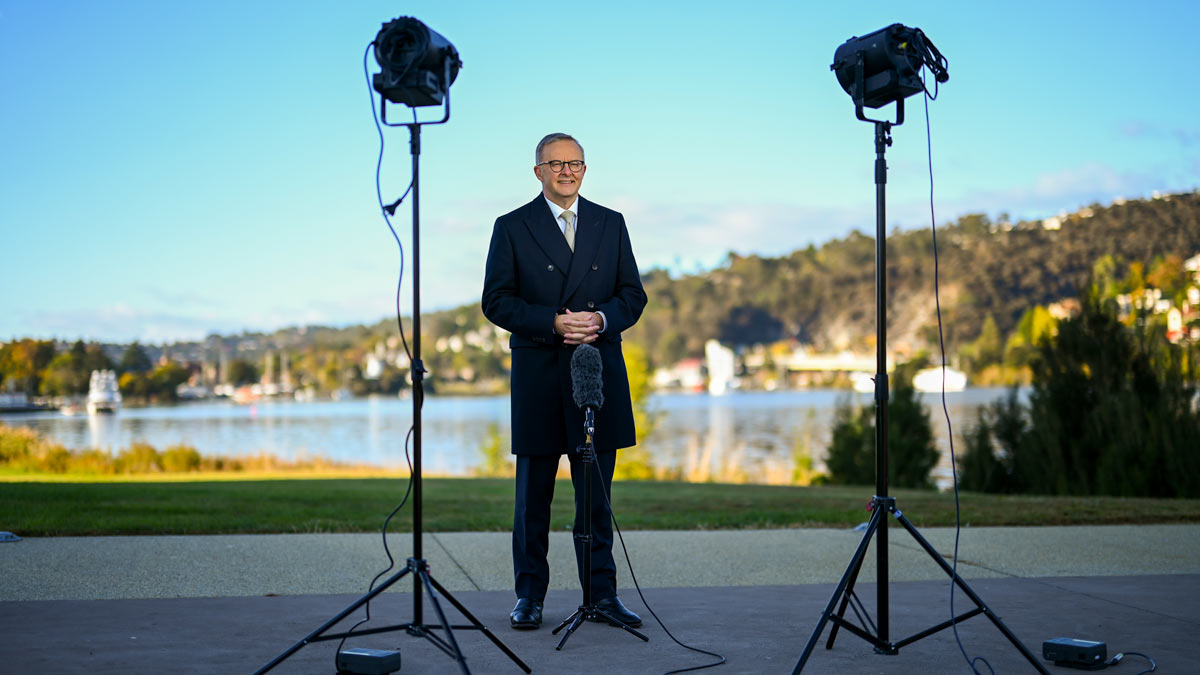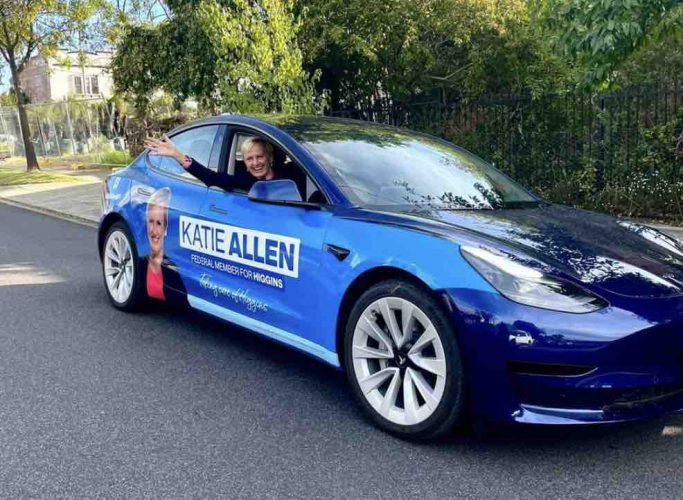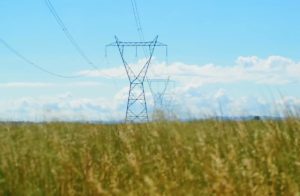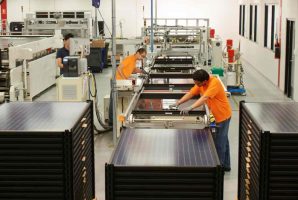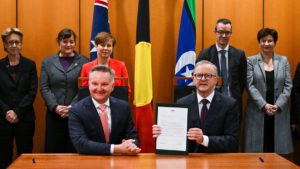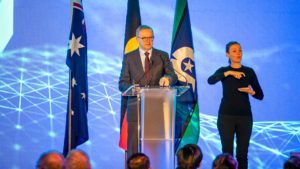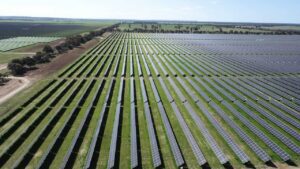Albanese pledges to end climate wars
The election campaign ‘officially’ kicked off on Sunday, with prime minister Scott Morrison setting an election date of May 21, and making a passing reference to the need for “cheap and reliable energy”.
Opposition leader Anthony Albanese was quick to try and position himself as the leader who would ‘end the climate wars’ – referring to the decade long battle over Australian climate policy – in his first national address of the campaign on Sunday.
“We can be a renewable energy superpower that uses cheap, clean energy to support new industries through our National Reconstruction Fund,” Albanese said, mentioning his focus on the “future grid.”
“We will end the climate wars. Enough.”
And while he remembered Labor’s targeted renewables share for 2030 (82 per cent), he was unable to remember the unemployment rate (4 per cent) and the cash rate. Which will inevitably be the focus of TV and mainstream newspaper news.
Liberal MP campaigns in a Tesla
Katie Allen is the only Liberal MP that we know of who drives a Tesla – there are three Labor MPs including energy spokesman Chris Bowen who do so – and she has dressed up her Model 3 up with campaign slogans.
Curiously, according to this photo published on her Facebook page, along with a short video, there was no reference to the Liberal Party on the member for Higgins car. At least it’s blue.
Why would that be? Not because of its EV policies, or lack of them, or their extraordinary campaign against EVs in the last election?
Greens target balance of power
The Australian Greens have hit the campaign trail running, with leader Adam Bandt saying that climate change – and a push to end the development of new coal and gas mines – would be central to the party’s election platform.
“People are fed up with the Morrison government fuelling the climate crisis, making housing more expensive and driving incomes down,” Bandt said during his first election statement.
“With both Liberal and Labor backing more coal and gas, the only way we’ll get climate action is kicking the Liberals out and putting the Greens in balance of power to push the next government to freeze new coal and gas projects.”
“In balance of power, the Greens will take climate action by stopping new coal and gas mines, getting dental and mental health into Medicare and fixing the housing affordability crisis,” Bandt added.
There’s a green wave coming to QLD.
I’m in Brisbane today getting ready to kick out this terrible government and get @Greens elected.
Together we’ll take action on climate and build a better future for all of us. pic.twitter.com/Zunyar1rtc
— Adam Bandt (@AdamBandt) April 11, 2022
Billions in unlegislated energy funding lapses
Billions of dollars in funding for new energy infrastructure and ‘low emissions’ technologies promised by the Morrison government has effectively evaporated, with key legislation lapsing after the election campaign was called.
It sees the Morrison government end the parliamentary term without passing several of its promised reforms or governance regimes, and failing to pass legislation establishing long-promised funding initiatives to boost investment in new energy infrastructure.
For example, proposed legislation to establish the Morrison government’s $1 billion Grid Reliability Fund lapsed on Monday, without ever being put to a vote in parliament.
Economists see climate change as most important issue
A survey of leading Australian economists found a vast majority consider climate change and environmental policies should be the most important issue for the 2022 federal election, recognising both the risks and opportunities being created through climate action.
The survey of 50 top Australian economists, surveyed by The Conversation and the Economic Society of Australia, found 74 per cent of those polled said climate change should be the most important election issue.
It’s an intriguing result that highlights the disconnect between the issues political leaders, and often large parts of the media, will focus on – and the actual issues that will impact Australia’s long-term future.
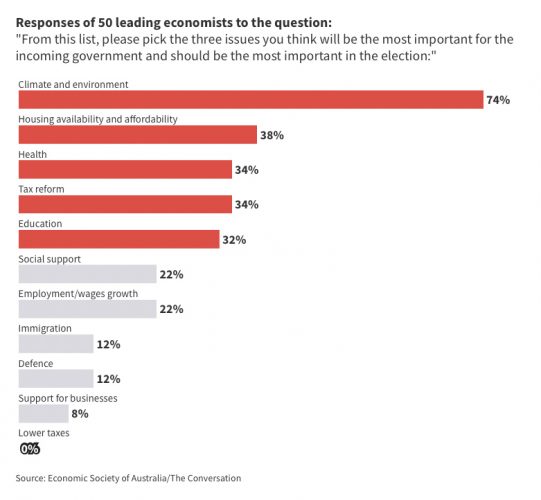
Notably, while party leaders have already had a strong focus on possible changes to tax policy, none of the economists surveyed said ‘lower taxes’ should be the most pressing election issue.
Read more: Economists back climate change as top election issue for 2022
See also: Election 2022: Stakes for climate and energy policy have never been higher

